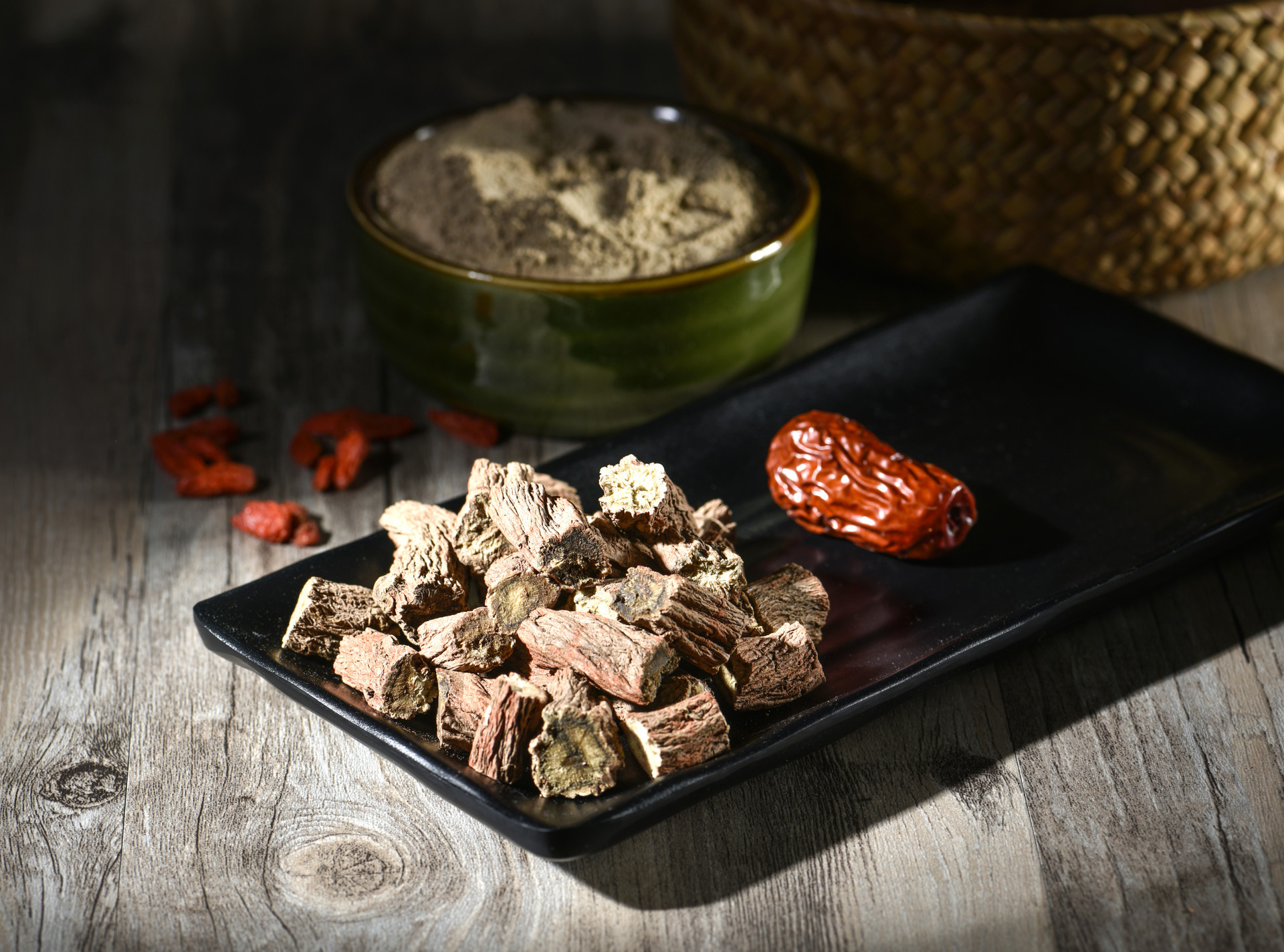What to eat to prevent cancer
September 3, 2023
There is no unified gold standard for diet, and different foods have different nutritional values, so there is no need to chase after the so-called "anti-cancer foods" enthusiastically.
"Anti-cancer foods" keep emerging
In this era of health care, "anti-cancer food" and "anti-cancer food" are very popular, such as "top ten anti-cancer foods", "anti-cancer food", "anti-cancer food", "anti-cancer food" and "anti-cancer food". "Eat more certain foods to keep away certain malignant tumors" and so on. There are also too many false but seemingly justified articles circulating in our circle of friends, so it is necessary for doctors to clarify the concept and help us identify some rumors. What exactly is "anti-cancer food"?
The typical description of so-called "anti-cancer food" is: "Scientific research has found that a certain food contains certain anti-cancer ingredients" and "reduces the concentration of carcinogenic substances". Most of the so-called studies are fabrications, a few of them are based on foreign studies, but they are often taken out of context, partially magnified, and ignore the dosage to make people look as if they can really eat more of what can prevent cancer. In fact, many of these claims currently circulating are only some experimental research reports, from a certain food to extract anti-cancer ingredients, through animal experiments found a certain anti-cancer effect. However, most of them are only animal experiments, and people may have to consume tons of food to get the effect, and these conclusions may not be equally valid when used on people. Besides, cancer is a complex process involving multiple factors, so it is not reliable to expect to eat certain foods alone to fight cancer. If you think about it, has anyone ever verified such statements? Most of these statements are both uncritical and unscientific. Many of them use the marketing method - to fabricate a seemingly high concept for you first, and then sell you this thing as good. You should not be too superstitious about the claims of cancer prevention foods. Correct cancer-causing dietary habits
There are few people who smoke and drink while enthusiastically looking for "cancer-preventing and anti-cancer" foods or recipes, trying to rely on these "cancer-preventing foods" to save their unhealthiness. Compared with the concept of "anti-cancer food", it is better to correct some dietary habits that are clearly cancer-causing, such as not eating moldy food, eating less pickled food, eating cooked food, quitting smoking and drinking, etc., which can play a more important role in cancer prevention.
It has been proved that some bad dietary habits are closely related to the occurrence of cancer: people who eat grain contaminated by mold are prone to liver cancer; people who chew betel nut for a long time are prone to oral cancer; people who like to eat hot food and swallow too fast are prone to esophageal cancer and so on. The following are some common cancer-causing foods and eating habits. Moldy food
Aspergillus flavus can easily grow in peanuts, corn and other seed foods. Its production of aflatoxin is a highly toxic and highly toxic substance, which was classified as a class 1 carcinogen by the World Health Organization in 1993. There are reports that the same dose of aflatoxin is 4000 times more carcinogenic than benzo(a)pyrene and 75 times more carcinogenic than dimethylnitrosamine. Aspergillus flavus is one of the most direct causes of liver cancer. So food at home must be dry and preserved, and moldy food must be discarded, otherwise it is the same as eating aflatoxin for yourself. Fried and grilled food
Barbecued food, smoked food and fried food contain benzo(a)pyrene and polycyclic aromatic hydrocarbons, especially when the processing environment is poor and the processing method is incorrect. During barbecue production, meat is directly grilled at high temperatures, and the fat that is decomposed drips on the charcoal and then combines with the proteins in the meat to produce benzo(a)pyrene. Frequent consumption of barbecue food contaminated with benzopyrene will result in the accumulation of carcinogenic substances in the body. Pickled foods
Salted eggs, pickles, salted fish and other pickled foods are often processed with uneven quality. If nitrite exceeds the standard, its metabolism produces dimethyl nitrite, which can be transformed into carcinogenic substance dimethyl ammonium nitrite in the body. Overnight cooked vegetables, repeatedly boiled water also contains ammonium nitrite, etc. Also try to eat less. Excessive nitrite intake is considered to be a risk factor for stomach and esophageal cancers. High-fat diet
The so-called Western diet high in fat, high in protein and low in fiber is believed to be associated with the occurrence of rectal cancer. High-fat and high-protein foods can increase methylcholanthrene in the stool, which contributes to the occurrence of colorectal cancer. Another consequence of high-fat diet is obesity. Many studies have reported that the incidence of tumor in overweight and obese people is significantly higher than that of normal weight people, and obesity also brings a series of problems such as cardiovascular diseases and bone and joint diseases. Dietary habits
People who like to eat hot food in Hebei, Chaoshan and Chongqing are prone to damage the esophagus and increase the risk of esophageal cancer; people who like to eat raw fish porridge in Guangdong and Guangxi are prone to liver schistosomiasis, and long-term chronic infection with liver schistosomiasis is closely related to the occurrence of bile duct cancer. Conclusion
Diet is one of the important factors affecting the development of cancer, and a reasonable diet can play a role in preventing the occurrence of cancer. Avoiding cancer-causing foods in our daily life can reduce the possibility of developing cancer. I personally believe that this is a scientific cancer prevention diet, rather than relying on certain foods, drugs or health supplements to achieve the "anti-cancer effect".
High-fat, pickled, barbecued and smoked foods are not yet labeled as "carcinogenic", but two points should be noted: 1) to control the frequency and amount of intake; 2) to ensure the regularity of production and processing. However, moldy peanuts and corn with aflatoxin food can be labeled as "carcinogenic", and tobacco, alcohol, betel nut and other foods that have been clearly identified to increase the risk of cancer should also be decisively away.
There are many and few of these rumored "anti-cancer, anti-cancer" foods that are really effective, not to mention the fabricated ones that cannot be verified one by one. The foods we eat now are mostly selected from thousands of years of human history, and those that can be preserved must have their nutritional value. There is no unified gold standard for diet, different foods have different nutritional values, so there is no need to chase after the so-called "anti-cancer foods".
 Preventing Cancer: Exploring the Potential of Bamboo Joints in Traditional Chinese Medicine
Preventing Cancer: Exploring the Potential of Bamboo Joints in Traditional Chinese Medicine The Health Benefits of Purslane and Who Should Avoid It
The Health Benefits of Purslane and Who Should Avoid It Massage Techniques for Cancer Prevention
Massage Techniques for Cancer Prevention Magical Effects of Blueberries: Heart Health, Blood Sugar Regulation, Cancer Prevention, and More!
Magical Effects of Blueberries: Heart Health, Blood Sugar Regulation, Cancer Prevention, and More! Preventing and Treating Cancer with Traditional Chinese Medicinal Recipes
Preventing and Treating Cancer with Traditional Chinese Medicinal Recipes
 1The Nutritional Powerhouses: Unveiling the Truth Behind the Nine Most Difficult Vegetables
1The Nutritional Powerhouses: Unveiling the Truth Behind the Nine Most Difficult Vegetables 2Preventing Gastric Cancer: The Power of Five Beneficial Foods
2Preventing Gastric Cancer: The Power of Five Beneficial Foods 3Is it Safe to Eat Duck Eggs During a Cold?
3Is it Safe to Eat Duck Eggs During a Cold? 4Dr. Ma talks about nutrition of vegetables at least half deep
4Dr. Ma talks about nutrition of vegetables at least half deep 5How to cure diarrhea with figs
5How to cure diarrhea with figs
